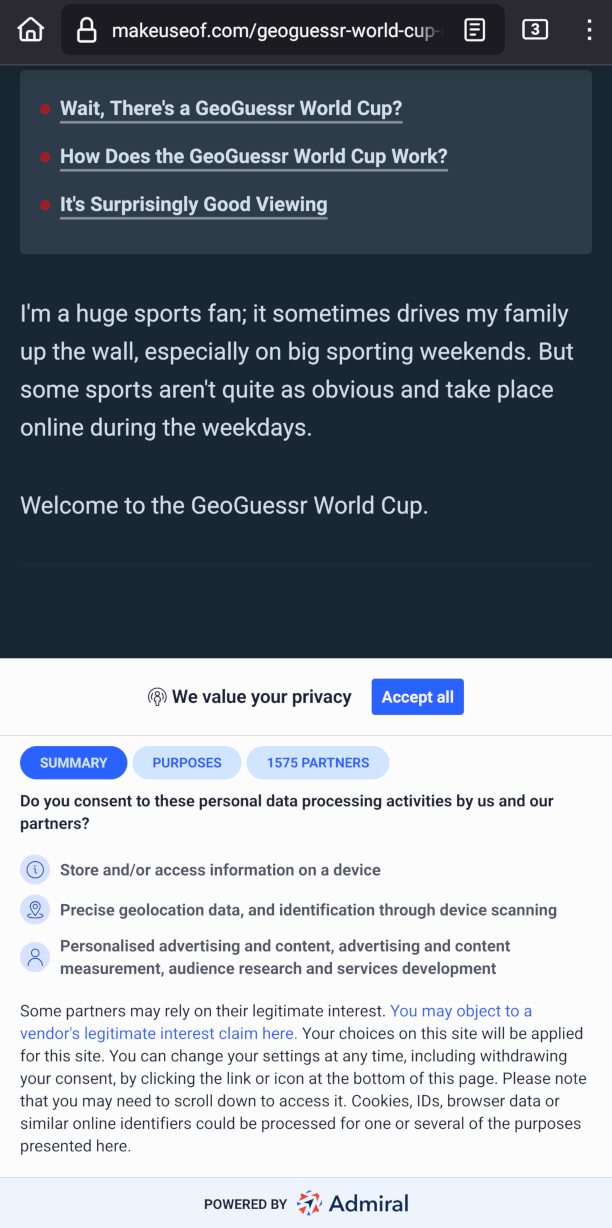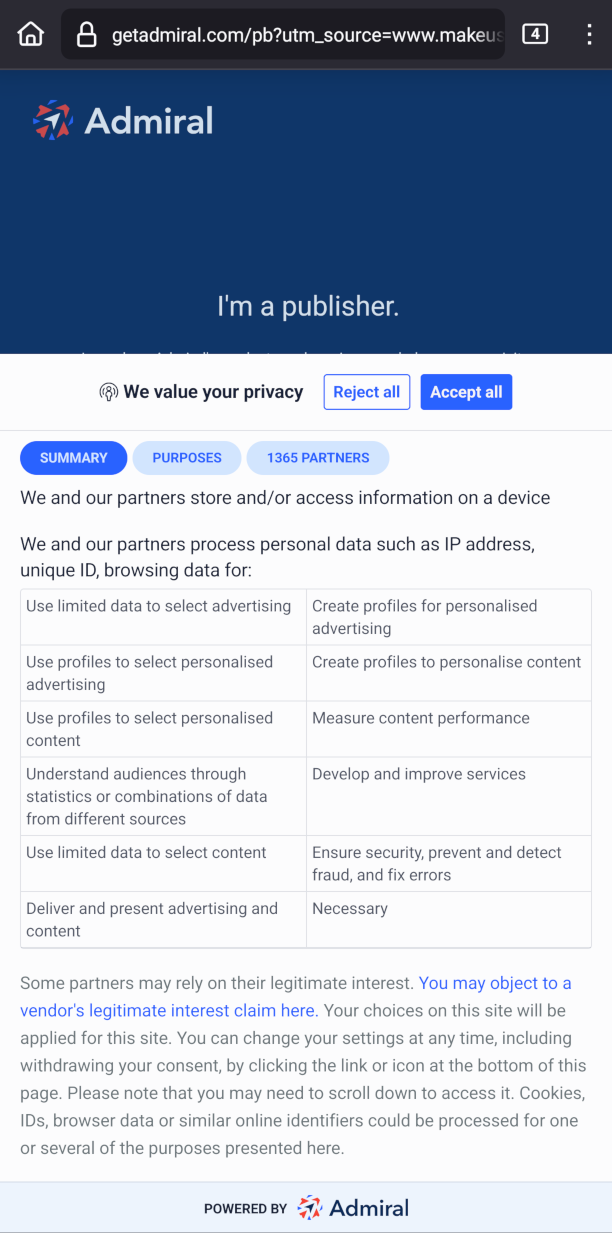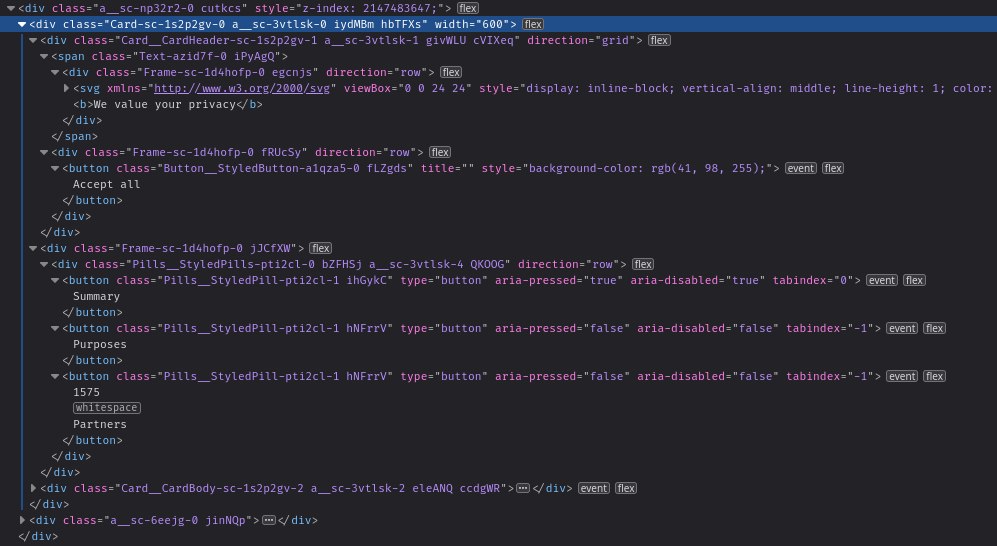Hi!
Kagi had a rough couple months on the PR side, and a comment from another Lemmy user arguing that they aren't using Google's index set me off... because I had just read a couple weeks ago on their own websites that they primarily use Google's search index.
Lo and behold, that user was "right": No mention of Google whatsoever on Kagi's Search Sources page. If that's all you had to go off of, you'd be excused for thinking they are only using their internal index to power their web search since that's what they now strongly imply. The only "reference" to external indexes is this nebulous sentence:
Our search results also include anonymized API calls to all major search result providers worldwide, specialized search engines like Marginalia, and sources of vertical information [...]
... Unless one goes to check that pesky Wayback Machine. Here is the same page from March 2024, which I will copy/paste here for posterity:
Search Sources
You can think of Kagi as a "search client," working like an email client that connects to various indexes and sources, including ours, to find relevant results and package them into a superior, secure, and privacy-respecting search experience, all happening automatically and in a split-second for you.
External
Our data includes anonymized API calls to traditional search indexes like Google, Yandex, Mojeek and Brave, specialized search engines like Marginalia, and sources of vertical information like Wolfram Alpha, Apple, Wikipedia, Open Meteo, Yelp, TripAdvisor and other APIs. Typically every search query on Kagi will call a number of different sources at the same time, all with the purpose of bringing the best possible search results to the user.
For example, when you search for images in Kagi, we use 7 different sources of information (including non-typical sources such as Flickr and Wikipedia Commons), trying to surface the very best image results for your query. The same is also the case for Kagi's Video/News/Podcasts results.
Internal
But most importantly, we are known for our unique results, coming from our web index (internal name - Teclis) and news index (internal name - TinyGem). Kagi's indexes provide unique results that help you discover non-commercial websites and "small web" discussions surrounding a particular topic. Kagi's Teclis and TinyGem indexes are both available as an API.
We do not stop there and we are always trying new things to surface relevant, high-quality results. For example, we recently launched the Kagi Small Web initiative which platforms content from personal blogs and discussions around the web. Discovering high quality content written without the motive of financial gain, gives Kagi's search results a unique flavor and makes it feel more humane to use.
Of course, running an index is crazy expensive. By their own admission, Teclis is narrowly focused on "non-commercial websites and 'small web' discussions". Mojeek indexes nowhere near enough things to meaningfully compete with Google, and Yandex specializes in the Russosphere. Bing (Google's only meaningful direct indexing competitor) is not named so I assume they don't use it. So it's not a leap to say that Google powers most of English-speaking web searches, just like Bing powers almost all search alternatives such as DDG.
I don't personally mind that they use Google as an index (it makes the most sense and it's still the highest-quality one out there IMO, and Kagi can't compete with Google's sheer capital on the indexing front). But I do mind a lot that they aren't being transparent about it anymore. This is very shady and misleading, which is a shame because Kagi otherwise provides a valuable and higher quality service than Google's free search does.



There's probably a whole thesis or five to be written on the subject.
The "traditional" AAA pipeline is "make big games with loooots of assets and mechanics, maximize playtime, must be an Open World and/or GaaS". Both due to institutional pressures (lowest common denominator, investor expectations for everyone to copy the R* formula, GaaS are money printing machines) and technical reasons (open worlds are easy to do sloppily, you can just deliver the game half finished and have it work (e.g. Cyberpunk), GaaS/open worlds are a somewhat natural consequence of extremely massive development teams that simply could not work together on a more narrowly focused genre).
That's not to say there aren't good expensive games being payrolled by massive studios like Sony or Microsoft. But AAA is a specific subset of those, and blandness comes with the territory. However if I was a betting man I'd say we're nearing the end of this cycle with the high profile market failures of the last few years and the AAA industry will have to reinvent itself at least somewhat. Investors won't want to be left holding the bag for the next Concord.